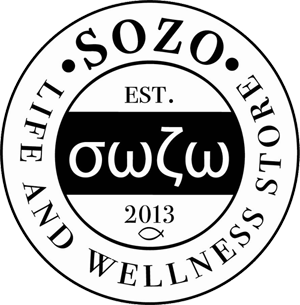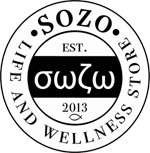Navigating Overdiagnosis: Tackling the Impact of High-Precision Imaging
/Research indicates a significant concern regarding the discovery of excessive cases of breast cancer in women aged 50 and above. The advent of novel diagnostic methods, such as three-dimensional mammography and CT scans, has led to an increased detection of cancer in older women.
Detecting an excess of cancer refers to identifying cancers that might not pose a genuine threat or cause any medical issues. These are cancers that would not have resulted in illness or complications if they had remained undetected. Some experts estimate that up to half of the cancers identified through these means might not actually warrant concern.
Medical professionals often recommend regular breast cancer screenings for women aged 50 to 74. However, for older women, the likelihood of identifying non-harmful cancers is higher. It's crucial to strike a balance between the benefits of early cancer detection and the drawbacks of identifying excessive, potentially harmless cancers.
The probability of encountering excessive cancer findings is influenced by factors like age and the chosen diagnostic approach. This underscores the importance of selecting a screening plan that suits your individual circumstances.
Recent advancements in medical imaging techniques, such as three-dimensional mammography, CT scans, MRI scans, and PET scans, have significantly improved the ability to identify various medical conditions. However, these advanced images can also detect anomalies that are not necessarily harmful, such as benign growths or self-resolving issues.
As a result of these enhanced imaging capabilities, more cases of breast cancer have been detected. Some of these cancers might not have posed a threat if they had remained undetected. Medical professionals typically treat identified cancers with potent interventions like surgery, radiation, or intensive medications. Yet, these treatments can carry risks and be costly, particularly for older individuals. Additionally, the X-ray exposure from mammograms can slightly elevate the risk of developing cancer.
Hence, it is crucial to thoroughly consider the pros and cons when deciding whether to undergo breast cancer screening, especially as one ages.
SOZO Presents FDA-Approved FLIR Camera & Software For Medical Thermography
Medical thermography serves as a non-invasive tool for early detection of potential dysfunctions. This technique validates health concerns, complements physical examinations, and aids in informed decision-making.
Medical Thermography
This thermography technology's ability to detect inflammation throughout various body systems helps with keeping an eye on your health and managing wellness proactively.
The approach involves recognizing patterns associated with both healthy and diseased states. This technology captures images discreetly and without radiation, offering insights into conditions such as cardiovascular problems, hormonal imbalances, inflammation, nerve injuries, and more. Our thermography scans encompass various options, including breast-only, half-body, or full-body screening. Our screening reports are interpreted by licensed Medical Doctors who have been trained in accordance with the guidelines of the American Academy of Thermology.
Learn more about SOZO's thermography screenings here.
SOZO Thermography Appointments in Elizabethton, TN are currently available for Wednesday 9/13/23 and Wednesday 12/6/23.
Please call to schedule (423) 543-7606.
Article References:
ncbi.nlm.nih.gov - Estimation of Breast Cancer Overdiagnosis
cnn.com - Older women's breast cancer is often overdiagnosed
ncbi.nlm.nih.gov - Decision making around mammography screening
reuters.com - Women over 70 risk breast cancer overdiagnosis with screening
Medpagetoday.com - Does Cancer Screening Actually Extend Lives?











